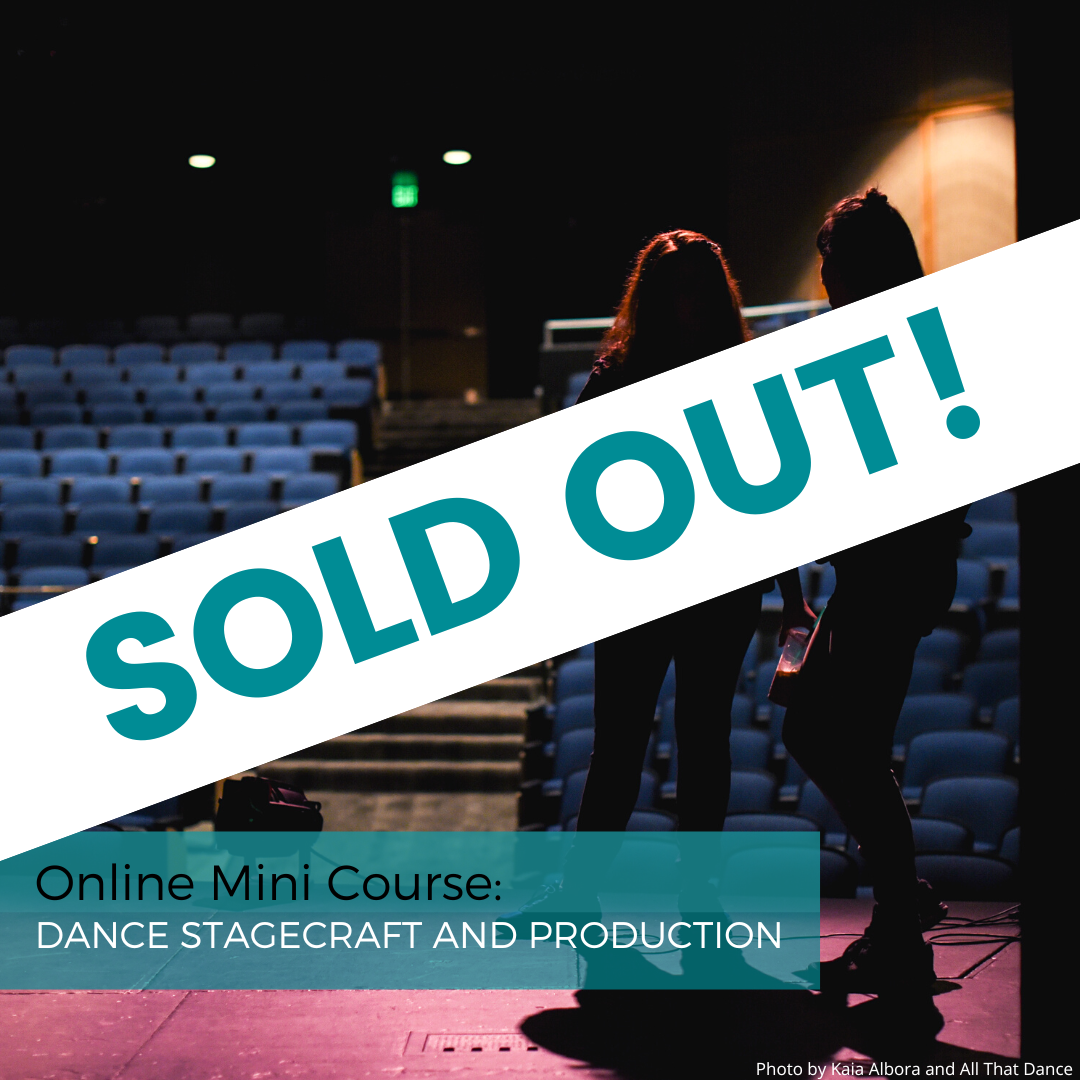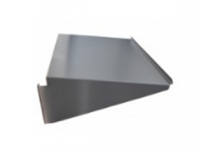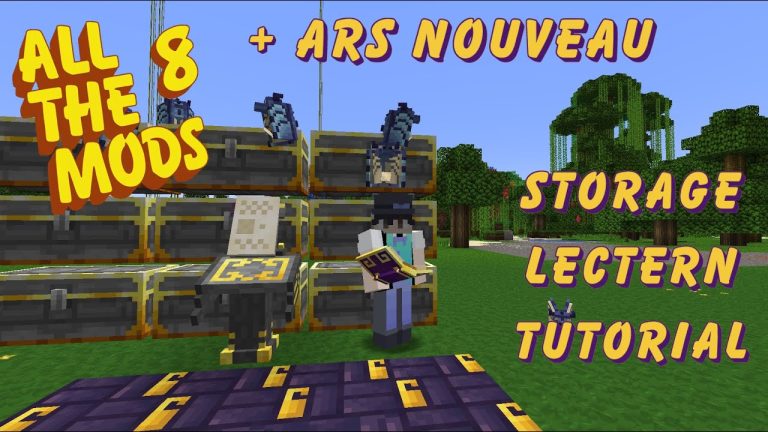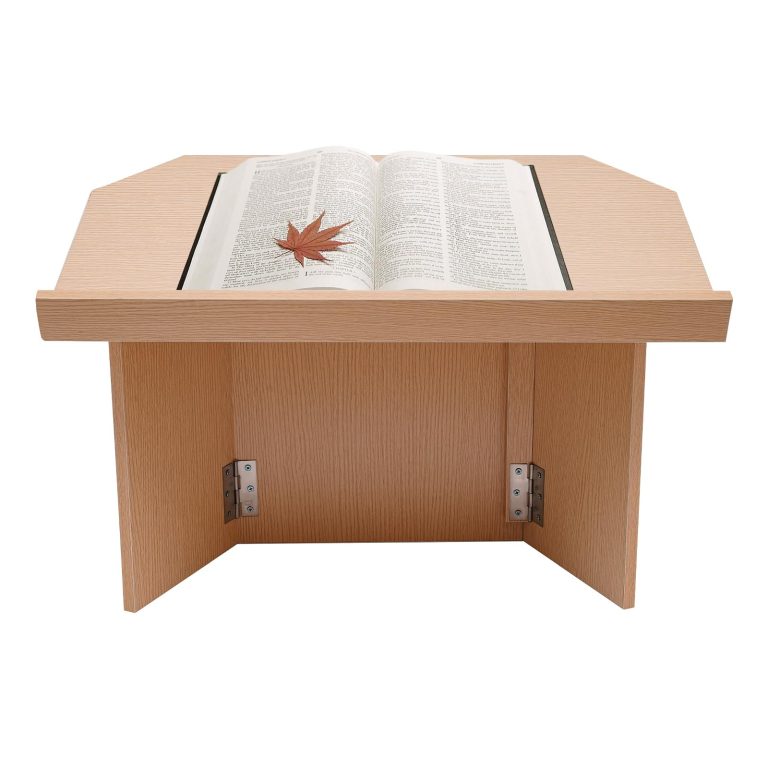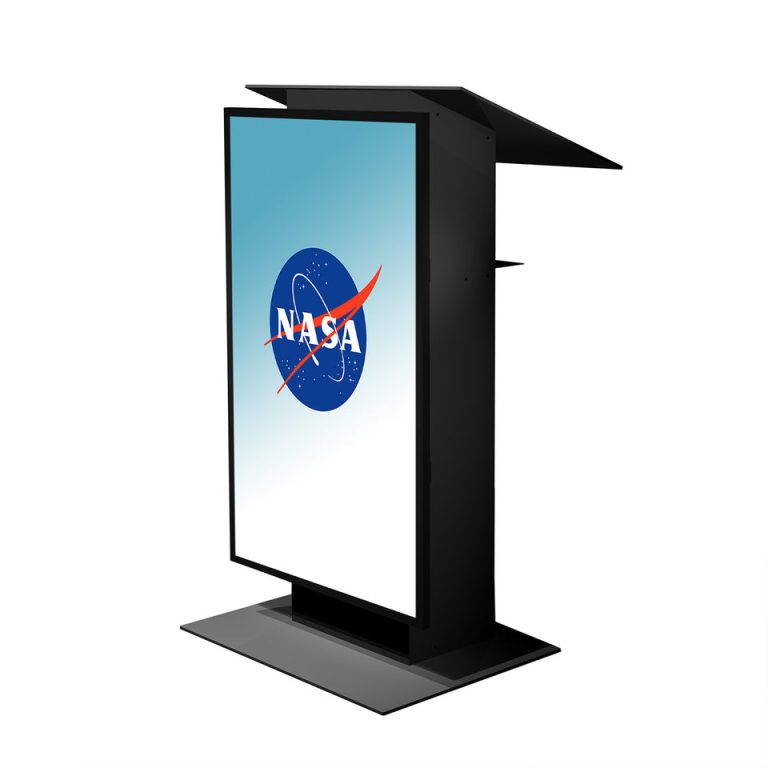Online Stagecraft Courses
Online stagecraft courses offer convenient, flexible, and comprehensive training in various aspects of the theater industry such as set design, lighting, sound, and props, allowing learners to develop their skills and expertise in the comfort of their own homes. These courses provide a structured curriculum, access to experienced instructors, and opportunities for practical application, enabling aspiring stagecraft professionals to pursue their passion and enhance their career prospects in the exciting world of theater.
Additionally, online stagecraft courses cater to individuals with diverse schedules and geographical locations, making it accessible for anyone with an internet connection to embark on their stagecraft journey and acquire the necessary knowledge and skills to succeed in the field.
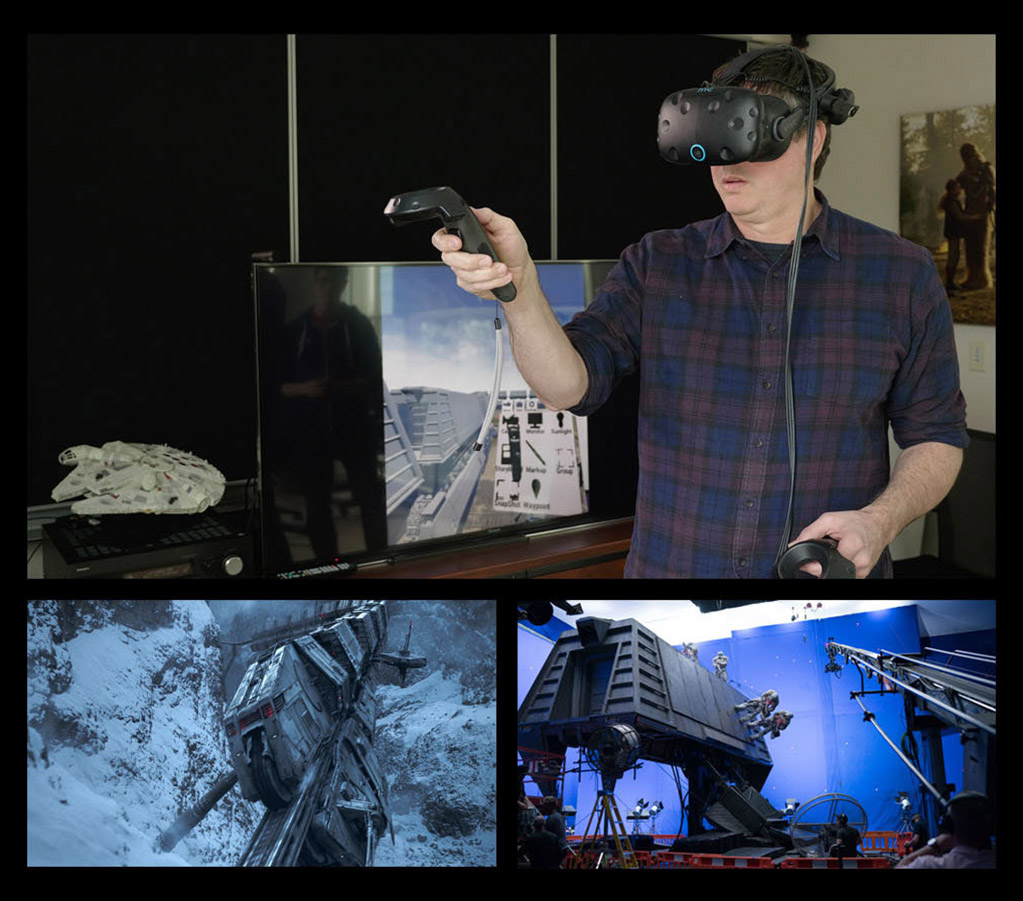
Credit: www.ilm.com
Overview Of Online Stagecraft Courses
Explore a wide range of online stagecraft courses that offer comprehensive training and practical knowledge on various aspects of theater production. Enhance your skills in set design, lighting, sound, and more, all from the comfort of your own home.
Online stagecraft courses provide aspiring theater enthusiasts with the flexibility to learn about the intricate art of stagecraft from the comfort of their own homes. These courses encompass a wide range of topics, including set design, lighting, sound, props, and stage management. Whether you are a beginner seeking an introduction to stagecraft or an experienced professional looking to enhance your skills, online stagecraft courses offer a convenient and accessible way to expand your knowledge and expertise.
Benefits Of Online Stagecraft Courses
Online stagecraft courses have gained popularity among individuals with a passion for theater due to their numerous benefits. Some of the key advantages offered by these courses include:
- Flexibility: Online stagecraft courses allow learners to set their own schedules and study at their own pace. This flexibility is particularly beneficial for individuals with busy lifestyles, allowing them to pursue their passion for stagecraft without compromising their other commitments.
- Accessibility: By eliminating the need to travel to a physical location, online stagecraft courses are accessible to individuals from all over the world. This opens up opportunities for people who may not have access to local training programs, broadening the reach of stagecraft education.
- Comprehensive Content: Online stagecraft courses often cover all aspects of stagecraft, providing learners with a well-rounded understanding of the craft. From basic concepts to advanced techniques, these courses offer a comprehensive curriculum that caters to individuals at different skill levels.
- Expert Guidance: Many online stagecraft courses are led by industry professionals with years of experience. This allows learners to receive guidance and feedback from experts in the field, ensuring that they receive quality education and learn from the best in the industry.
- Cost-effective: Compared to traditional in-person courses, online stagecraft courses are often more cost-effective. Learners can save on travel expenses and fees associated with physical classroom settings. Additionally, some online platforms offer affordable subscription models or one-time payment options, making stagecraft education more accessible to a wider audience.
Challenges Of Online Stagecraft Courses
While online stagecraft courses offer numerous benefits, there are also some challenges learners may encounter. It is important to be aware of these challenges and find ways to overcome them. Some common challenges of online stagecraft courses include:
- Limited Hands-on Experience: Online courses may lack the hands-on experience that is essential for mastering stagecraft skills. While learners can practice techniques at home, the absence of physical interaction with stage elements may pose challenges in fully grasping certain concepts.
- Self-discipline and Motivation: Without the structure of a physical classroom and regular face-to-face interactions with instructors, self-discipline and motivation become crucial for online learners. It requires dedication and self-motivation to stay on track and complete the course successfully.
- Technical Requirements: Online stagecraft courses rely on technology and require a stable internet connection, access to necessary software or equipment, and the ability to troubleshoot technical issues. It is important for learners to ensure they have the appropriate tools and technical proficiency to fully engage in the course.
- Limited Networking Opportunities: Traditional in-person courses often offer networking opportunities, allowing learners to connect with industry professionals and fellow enthusiasts. While some online stagecraft courses may incorporate discussion forums or virtual communities, the networking aspect may not be as extensive as in-person classes.
Credit: www.ndeo.org
Choosing The Right Online Stagecraft Course
Finding the perfect online stagecraft course requires careful consideration of your goals and preferences. With a variety of options available, it’s important to research each program’s curriculum, instructors, and delivery methods to ensure the best fit for your needs.
Evaluating Course Content And Curriculum
When it comes to choosing the right online stagecraft course, one of the key factors to consider is the course content and curriculum. You want to ensure that the course covers all the essential aspects of stagecraft and provides in-depth knowledge and practical skills. Here’s how you can evaluate the course content and curriculum:
- Check the course syllabus: Look for a detailed syllabus that outlines the topics and modules covered in the course. This will give you an idea of what you’ll be learning and whether it aligns with your goals and interests.
- Review the course modules: Take a look at the individual modules within the course. Are they comprehensive? Do they cover all the essential aspects of stagecraft, such as lighting, sound design, set construction, and stage management?
- Assess the learning materials: Pay attention to the type of learning materials provided in the course. Are there video lectures, reading materials, quizzes, and hands-on assignments? The more diverse and interactive the learning materials, the better your learning experience will be.
Considering Instructor Expertise And Experience
The expertise and experience of the instructor play a vital role in the quality of an online stagecraft course. You want to learn from someone who has a strong background in the field and can provide valuable insights. Keep the following points in mind when considering the instructor’s expertise and experience:
- Review the instructor’s bio: Take the time to read the instructor’s biography or profile. Look for their experience in stagecraft, such as their work in theater, film, or other related industries. Additionally, check if they have any teaching experience.
- Look for industry recognition: Has the instructor received any awards or recognition for their work in stagecraft? This can serve as an indication of their expertise and credibility.
- Consider their teaching style: Watch any available videos or demos of the instructor’s teaching style. Do they explain concepts clearly and engage students effectively? A skilled instructor will be able to communicate complex ideas in an accessible manner.
Exploring Student Reviews And Testimonials
One of the best ways to assess the quality and effectiveness of an online stagecraft course is to explore student reviews and testimonials. The experiences of past students can provide valuable insights and help you make an informed decision. Here’s why you should explore student reviews and testimonials:
- Gain insights into the course experience: Read reviews and testimonials to get an understanding of what past students thought about the course. Did the course meet their expectations? Was the instructor knowledgeable and supportive?
- Assess the effectiveness of the course: Look for reviews that mention improvements in the students’ stagecraft skills or their ability to apply what they learned in real-world scenarios. Positive feedback regarding the course’s impact is a great sign that it’s worth considering.
- Consider the support and community: Pay attention to reviews that mention the level of support provided by the instructor or the community of students. A strong support system can enhance your learning experience and help you overcome any challenges you may face.
Key Components Of Online Stagecraft Courses
Online stagecraft courses offer a unique opportunity for aspiring theatre enthusiasts to learn the art of stagecraft from the comfort of their own homes. These courses provide a comprehensive understanding of the key components that make up the world of theatre production, enabling students to acquire the necessary skills and knowledge to pursue a career in stagecraft. This article will explore the essential elements covered in online stagecraft courses and outline the benefits that learners can derive from each one.
Introduction To Stagecraft Principles
Introductory modules in online stagecraft courses focus on laying down the foundation of stagecraft principles. Students are introduced to the basic concepts and terminology used in theatrical performances, ensuring they grasp the fundamental elements of staging, storytelling, and audience engagement. Through interactive lessons and practical exercises, learners gain an understanding of the essential principles that guide the creative decision-making process on stage.
Technical Theatre Skills Development
Technical theatre skills development forms a crucial aspect of online stagecraft courses. These modules aim to equip students with the necessary skills to handle the technical aspects of theatre production. From rigging and set construction to prop handling and stage management, students learn the intricacies of operating and maintaining the various elements of a theatre production. Through hands-on activities and real-world simulations, learners develop practical expertise in technical theatre.
Scenic Design And Construction
Scenic design and construction modules in online stagecraft courses focus on the creation of visually captivating environments on stage. Students learn how to effectively translate scripts into physical sets, considering factors such as space, perspective, and atmosphere. By studying renowned set designers and exploring different design techniques, learners gain the skills necessary to create immersive and visually stunning stage settings.
Costume Design And Makeup
Costume design and makeup play a vital role in bringing characters to life on stage. In online stagecraft courses, students delve into the world of costume design, learning how to analyze scripts, research historical contexts, and visualize character personalities. They also gain practical knowledge of costume construction techniques and learn how to use makeup to enhance a performer’s appearance under different lighting conditions, effectively conveying the desired character traits.
Lighting And Sound Design
Lighting and sound design are integral to creating the desired atmosphere and enhancing the overall impact of a theatrical production. Online stagecraft courses provide students with a comprehensive understanding of lighting and sound principles, allowing them to master the technical aspects of stage lighting, sound systems, and audio editing. Through hands-on exercises and practical demonstrations, learners acquire the expertise needed to design and execute immersive lighting and soundscapes.
In conclusion, online stagecraft courses offer a diverse range of learning opportunities, covering the key components necessary for a successful career in stagecraft. By providing extensive knowledge, practical exercises, and hands-on experience, these courses enable students to develop their skills and pursue their passion for theatre production.
Interactive Learning In Online Stagecraft Courses
When it comes to learning stagecraft, the face-to-face interaction and hands-on experience offered by traditional classroom settings have always been highly valued. However, with the rise of online education, it has become easier than ever to access quality stagecraft courses from the comfort of your own home. But how does online learning manage to deliver an interactive and engaging experience for stagecraft students? In this blog post, we’ll explore the various ways in which online stagecraft courses offer interactive learning opportunities, allowing students to develop their skills and knowledge in an engaging virtual environment.
Virtual Workshops And Demonstrations
One of the key components of interactive learning in online stagecraft courses is the inclusion of virtual workshops and demonstrations. These workshops provide students with the opportunity to observe and learn from industry professionals as they demonstrate various stagecraft techniques and practices.
In these virtual workshops, students can benefit from the convenience and flexibility of online learning while still getting hands-on experience. By observing demonstrations and participating in practical activities, students can refine their skills and gain a deeper understanding of stagecraft concepts.
Collaborative Projects And Group Discussions
Online stagecraft courses also foster collaboration and group discussions, allowing students to interact with their peers and learn from one another. Collaborative projects are often assigned, where students are divided into groups and tasked with working together to create a stagecraft project.
Through these collaborative projects, students can share ideas, pool their skills, and tackle real-world stagecraft challenges as a team. This not only enhances their learning experience but also prepares them for the collaborative nature of the stagecraft industry.
Real-time Feedback And Q&a Sessions
In online stagecraft courses, students have the opportunity to receive real-time feedback from instructors and industry professionals. Through video conferencing tools and live chat platforms, students can interact with their instructors during virtual classes and workshops.
These real-time feedback sessions allow students to ask questions, seek clarification, and receive personalized guidance on their projects and assignments. Additionally, Q&A sessions provide a valuable opportunity for students to engage directly with industry experts and gain insights into the nuances of stagecraft.
In conclusion, online stagecraft courses offer a range of interactive learning opportunities that emulate the hands-on experience of traditional classroom settings. Virtual workshops, collaborative projects, and real-time feedback not only engage and enrich students’ learning experiences but also prepare them for successful careers in the field of stagecraft.
Career Opportunities After Completing Online Stagecraft Courses
If you’ve completed online stagecraft courses and are wondering what career opportunities await you, you’ve come to the right place. The world of stagecraft offers a wide range of exciting and fulfilling career paths, whether you dream of working behind the scenes to bring theatrical productions to life or prefer to work independently as a freelance stagecraft professional. Additionally, many educational institutions and theatre training centers actively seek professionals with stagecraft skills to join their teams. In this article, we will explore the various career opportunities that await you after completing online stagecraft courses.
Professional Theatre Production Roles
By completing online stagecraft courses, you open the doors to a wide range of professional theatre production roles. These roles typically involve working in professional theatre companies, where you will contribute to the creation and execution of theatrical productions. Some of the key roles you may pursue include:
| Role | Description |
|---|---|
| Stage Manager | The stage manager is responsible for coordinating all aspects of a production, including scheduling, communication, and ensuring that all elements come together seamlessly during the show. |
| Set Designer | A set designer is in charge of designing the physical space of a production, creating detailed plans, sketches, and models to bring the director’s vision to life. |
| Lighting Designer | Responsible for designing and implementing lighting plans and effects that enhance the mood, atmosphere, and visual impact of a production. |
| Sound Engineer | A sound engineer is responsible for ensuring that all sound elements, including music, sound effects, and microphones, are perfect during performances. |
Freelance Stagecraft Opportunities
If you prefer a more independent career path, completing online stagecraft courses can lead to a variety of freelance opportunities. As a freelance stagecraft professional, you can work on a project basis, collaborating with different theater companies, event organizers, or even film and television production teams. Some of the freelance stagecraft opportunities you may consider include:
- Set construction and installation
- Lighting design and setup
- Sound system setup and operation
- Special effects coordination
- Props management and creation
- Costume design and creation
Educational Institutions And Theatre Training Centers
Educational institutions and theatre training centers are always on the lookout for skilled stagecraft professionals to join their teams. By completing online stagecraft courses, you can position yourself as a valuable asset to these institutions. Whether you assist in teaching stagecraft techniques to aspiring actors and technicians, or become an integral part of the production teams for school plays and performances, there are abundant opportunities to engage with educational institutions and theater training centers.

Credit: tisch.nyu.edu
Frequently Asked Questions Of Online Stagecraft Courses
What Are The 5 Parts Of Stagecraft?
The 5 parts of stagecraft are lighting, sound, set design, costumes, and props. They all contribute to creating a visually appealing and immersive theatrical experience.
What Do You Do In Stagecraft Class?
In Stagecraft class, you learn about the art and techniques of creating sets, lighting, sound, and costumes for theater productions. You gain practical skills in designing and constructing sets, operating lighting and sound equipment, and managing stage crew.
Is Stagecraft A Major?
Stagecraft is not typically considered a major but rather a concentration within a larger program. It focuses on the technical aspects of stage production, including lighting, set design, and sound. While some universities may offer a Bachelor of Arts or Bachelor of Fine Arts in Theatre with a specialization in stagecraft, it is not a standalone major.
What Subject Is Stagecraft?
Stagecraft is the study and practice of creating theatrical productions, encompassing set design, lighting, sound, costumes, and other elements that contribute to the overall production.
Can Online Stagecraft Courses Help Me Enhance My Acting Skills?
Yes, online stagecraft courses are designed to enhance your acting skills through practical training and performance feedback.
Conclusion
Online stagecraft courses offer a convenient and accessible way to learn and enhance your skills in stagecraft. With the flexibility to learn at your own pace and the wide range of topics covered, these courses cater to both beginners and seasoned professionals.
By honing your abilities in stagecraft, you can confidently bring your creative visions to life on the stage. Embrace the opportunities of online learning and unlock your full potential in the world of stagecraft. Discover the possibilities today!
